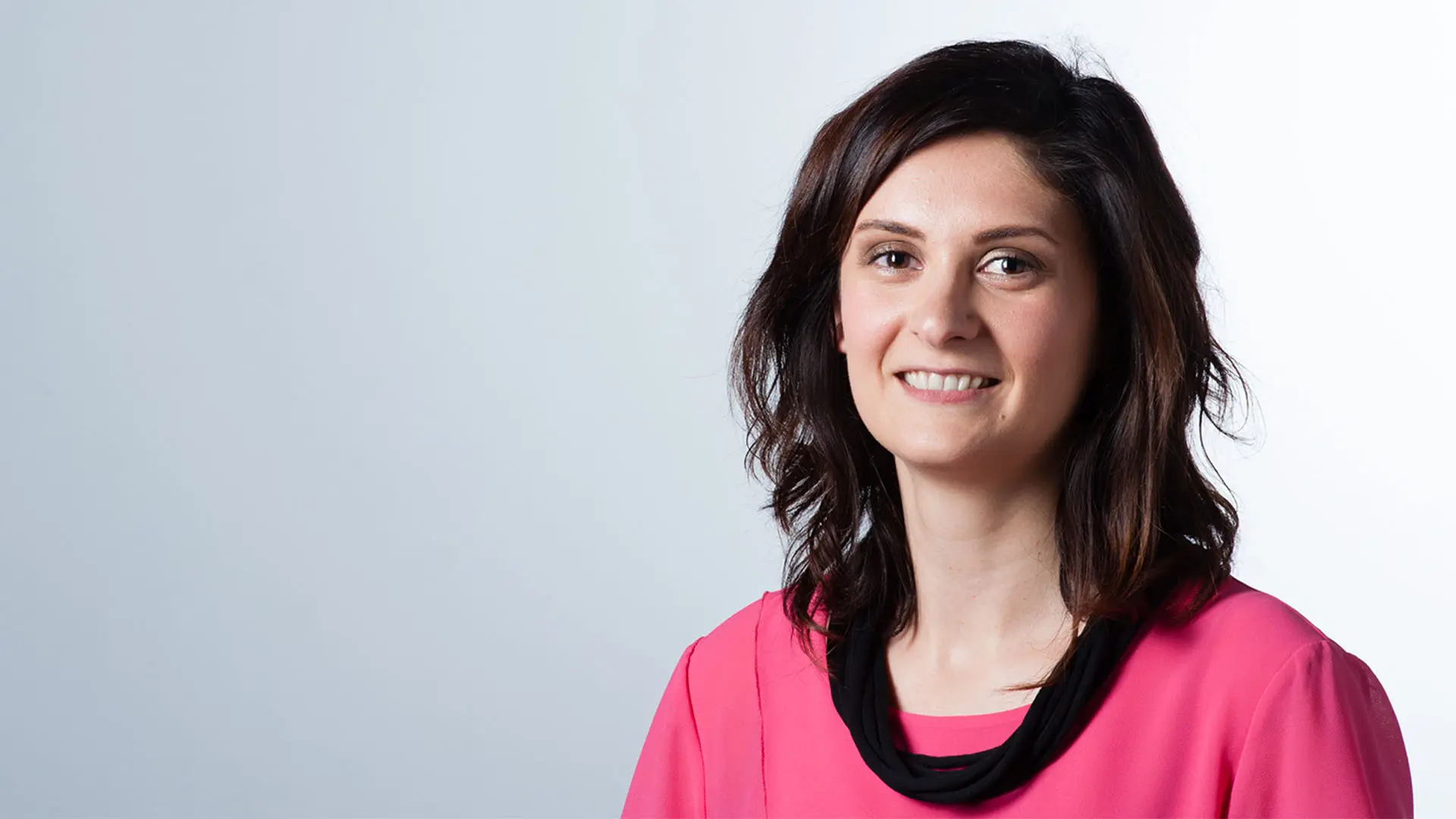Design and Policy: A Pragmatic approach to policy making
Marzia Mortati

My name is Marzia Mortati and I am a Researcher at the Department of Design of Politecnico di Milano.
I have worked here for more than 10 years, having followed a path strongly characterised by an international dimension: from my training to the research I am conducting these days, I have studied and lived for a long time abroad, in several countries in Europe and in the world. The first experience that has marked my path in this connection, which I always remember with great affection, is the MEDes - Master of European Design programme, a network of 7 design schools in Europe, which I attended as student and which I currently coordinate on the Politecnico side.
Since 2007 I have been teaching continuously in the Master in Product-Service System Design at the Politecnico, confirming the international and multi-cultural approach to my work, and dealing in particular with Design Innovation, Product Design and Service Design.
My research interests lie in the relationship between Design and Innovation, with a focus on the value that design brings to the innovation process in both the public and private sector, with respect to Design for Policy Making and methods and approaches to foster systemic and social innovation.
Design for Policy Making in particular has been an increasing focus of my research in recent years, both internationally and locally. This refers to the ways in which the design process can support the development of a new way of policy making that is more Pragmatic, i.e. more experimental and more participatory and centred on the real needs of policy beneficiaries. This is combined with the need to create policies based on real evidence of what works and the interest in a hybridisation of innovation models from private to public and vice versa.
This is a particularly relevant area of work for design today, which, having always been concerned with the transformation of existing situations into better ones from the point of view of people, is now also proposing itself as a connecting element between citizens, politics and public administrations in a new way compared to the radical avant-gardes of the past. The new focus of this approach is on public administrations and their growing need to operate in a new and more experimental manner in a world of increasingly complex public problems, which is why for the past year with a small group of colleagues in the department we have been working on setting up a research lab, called the Design Policy Lab, to deal more officially with these issues.
These research interests have been made concrete by a process that to date has evolved through two researches co-funded by the European Commission (DeEP - Design in European Policy, from 2012 to 2014 and DfE - Design for Europe, from 2014 to 2017) and a research, more recent, co-funded by Fondazione Cariplo, called Includi.Mi, Local Government and Social Entrepreneurship for an Inclusive Milan, in collaboration with the Municipality of Milan – Department for Labour Policies, Productive Activities, Trade and Human Resources, commenced in May 2017.
Relying on the prior experiences, Includi.Mi, which is run in collaboration with the Department of Management, Economics and Industrial Engineering, focuses on improving the public-private partnership to stimulate social innovation in the Municipality of Milan and thereby ascertain the potential of finance instruments with innovative social impact in this context (such as the Pay-by-Result programmes - PbR). This is so because of some main reasons: firstly since, with the colleagues from the Department of Management, Economics and Industrial Engineering (DIG), we believe that the public side needs to strongly review the manner in which it provides supports and contributions, interacting more effectively with the private sector; in addition, we are of the view that the innovative public finance instruments with social impact might benefit from a co-design approach that centralises the needs of players involved in the process, in particular, in this instance, public administration and social entrepreneurship.
The project unfolds itself in three main phases: the first one for mapping and observing the needs of public administration and social entrepreneurship, with the aim of sketching the geography of interventions by the Municipality of Milan in support of social innovation and identifying gaps and points on which to invest better through the proposed approach; the second one for sharing the knowledge acquired and the value of such new policy tools as the PbR programmes combined with a design approach through an experimental learning process with public administration and social entrepreneurship together; and the third one for validating the results of the action undertaken, eventually succeeding in formulating guidelines for the Municipality for the launch of new policies in support of social innovation.